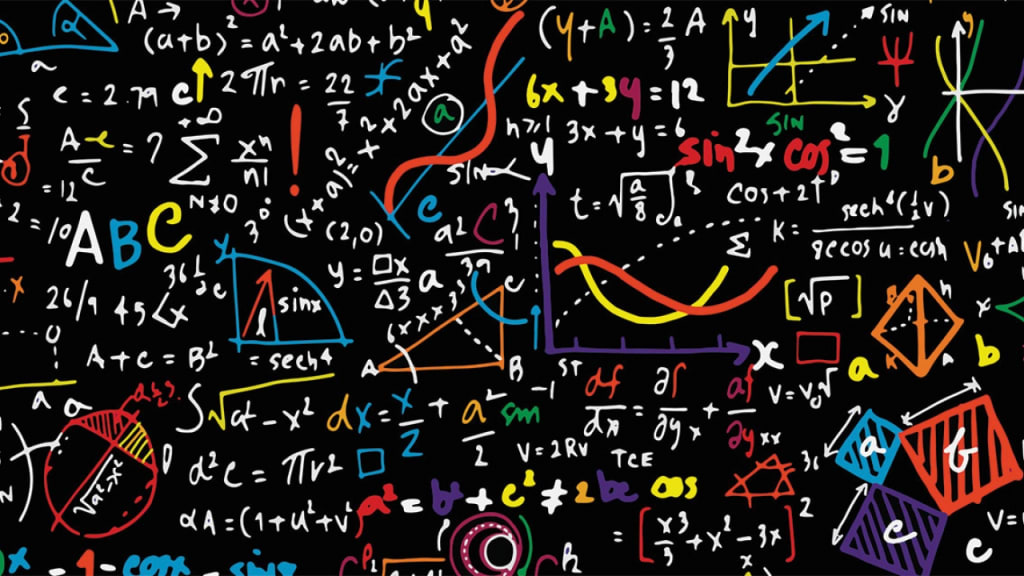
Mathematics is a field of study that deals with the study of numbers, quantities, and shapes. It includes various branches such as algebra, geometry, calculus, statistics, and more. Mathematics is used to solve problems in many different fields, including science, engineering, finance, and technology.
Mathematics provides a language and framework for understanding and analyzing the natural world and solving practical problems. It involves both abstract reasoning and concrete problem-solving, and is important for developing critical thinking skills.
Some common mathematical concepts include numbers and their operations (addition, subtraction, multiplication, division), geometry and measurement, equations and inequalities, functions and graphs, probability and statistics, and calculus.
Mathematics is a vital subject in education, starting from primary school all the way up to university level, and is required for many careers in fields such as engineering, finance, computer science, and more.
Mathematics has a long and fascinating history that dates back thousands of years. The ancient Egyptians, Babylonians, and Greeks all made important contributions to the development of mathematics.
The ancient Egyptians used mathematics for practical purposes, such as measuring land and building structures. They also developed a system of hieroglyphic numerals.
The Babylonians were the first to use a positional numbering system, which allowed them to perform complex calculations with ease. They also developed the concept of zero.
The ancient Greeks made significant contributions to geometry, with mathematicians such as Euclid, Pythagoras, and Archimedes developing important geometric concepts and theorems. They also developed methods for solving equations, and made advances in number theory and calculus.
During the Middle Ages, Islamic mathematicians such as Al-Khwarizmi and Omar Khayyam made important contributions to algebra and geometry. They also developed new methods for solving equations, and made advances in trigonometry and calculus.
The Renaissance saw a renewed interest in mathematics, with mathematicians such as Leonardo da Vinci, Galileo Galilei, and Johannes Kepler making important contributions to geometry, calculus, and physics.
In the modern era, mathematics has continued to evolve and grow, with mathematicians such as Isaac Newton, Leonhard Euler, and Carl Friedrich Gauss making significant contributions to calculus, number theory, and other areas of mathematics. Today, mathematics continues to play a vital role in science, engineering, finance, and many other fields.
Mathematics is used in a wide range of fields and industries. Some of the most common applications of mathematics include:
Science and engineering: Mathematics is used extensively in fields such as physics, chemistry, biology, and engineering to model and solve complex problems.
Finance and economics: Mathematics is essential for understanding and analyzing financial markets, risk management, and investments.
Technology and computer science: Mathematics is the foundation of computer science and is used to design algorithms, code, and software.
Cryptography: Mathematics is used to develop secure communication methods and protect sensitive data through encryption.
Medicine: Mathematics is used to analyze and model biological systems, such as the spread of infectious diseases or the growth of tumors.
Design and architecture: Mathematics is used to calculate and design structures, such as buildings, bridges, and other infrastructure.
Statistics: Mathematics is used in statistics to analyze and interpret data, and make predictions based on that data.
Education: Mathematics is a foundational subject in education and is used to develop critical thinking skills, problem-solving abilities, and logical reasoning.
These are just a few examples of the many ways in which mathematics is used in various fields and industries.
important mathematics books Isaac Newton - Mathematical Principles of Natural Philosophy, Nicolaus Copernicus - On the Precessions of the Celestial Spheres, Galileo Galilei - Dialogue About Two Great World Systems






Comments
There are no comments for this story
Be the first to respond and start the conversation.